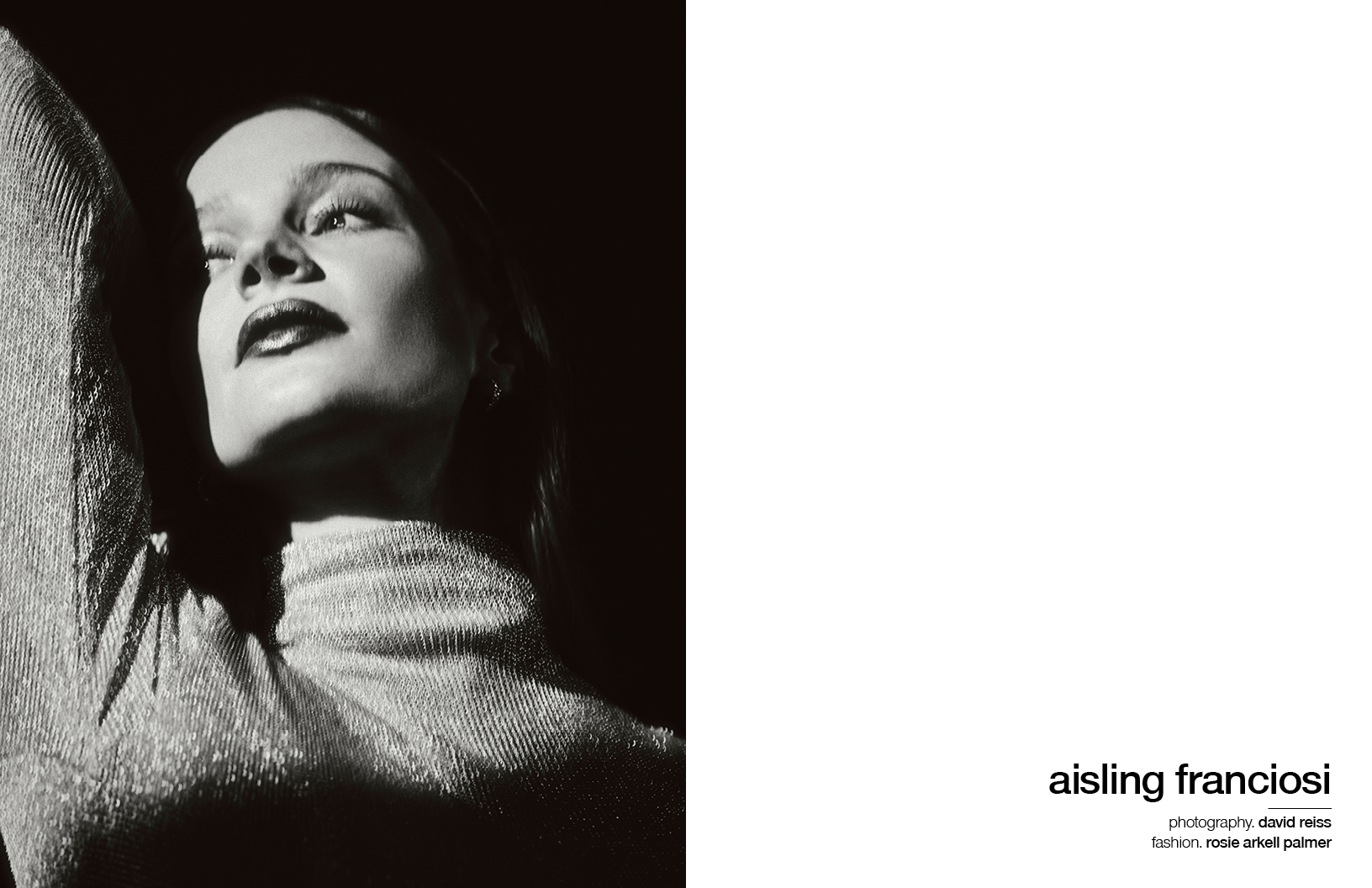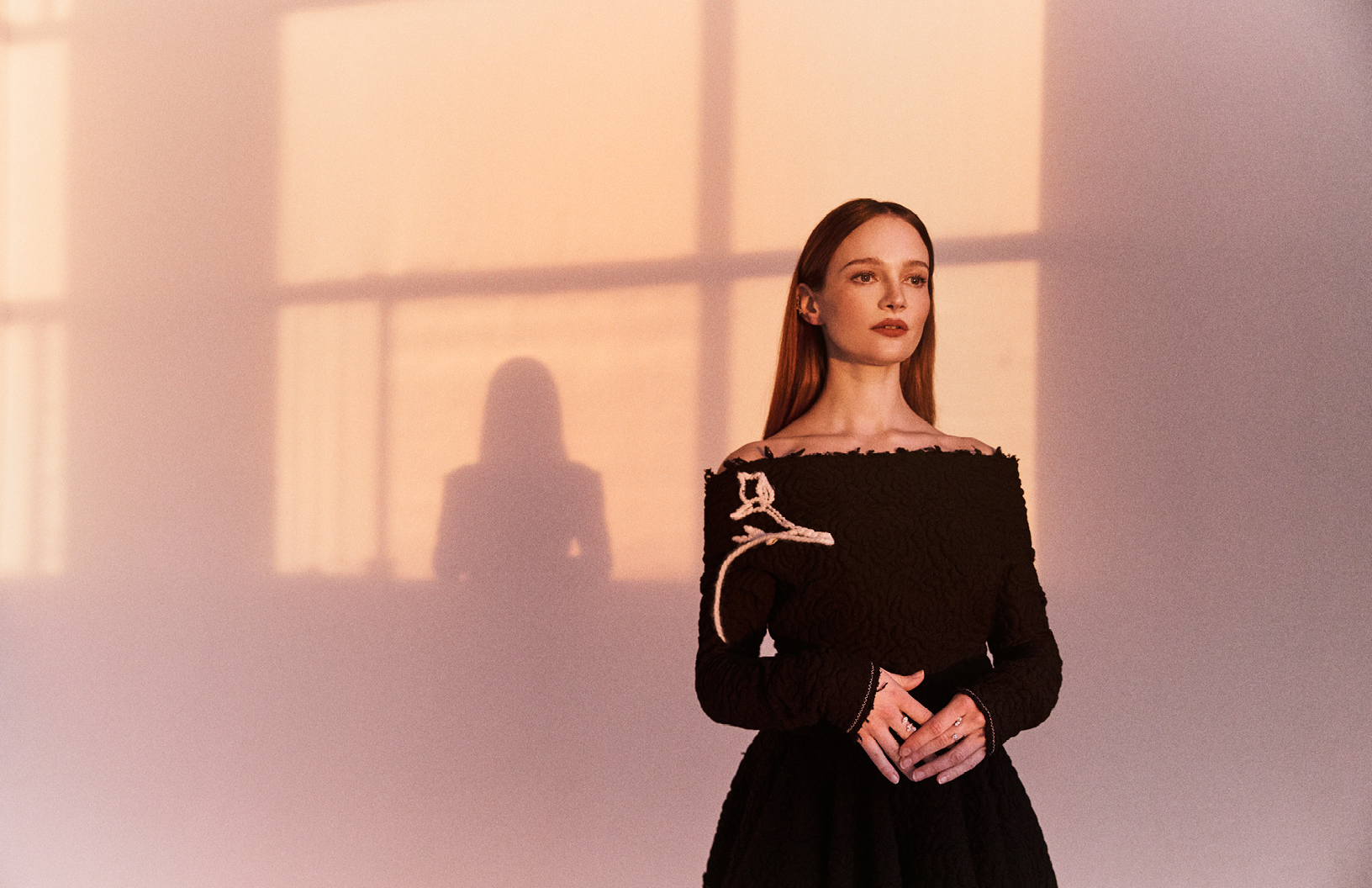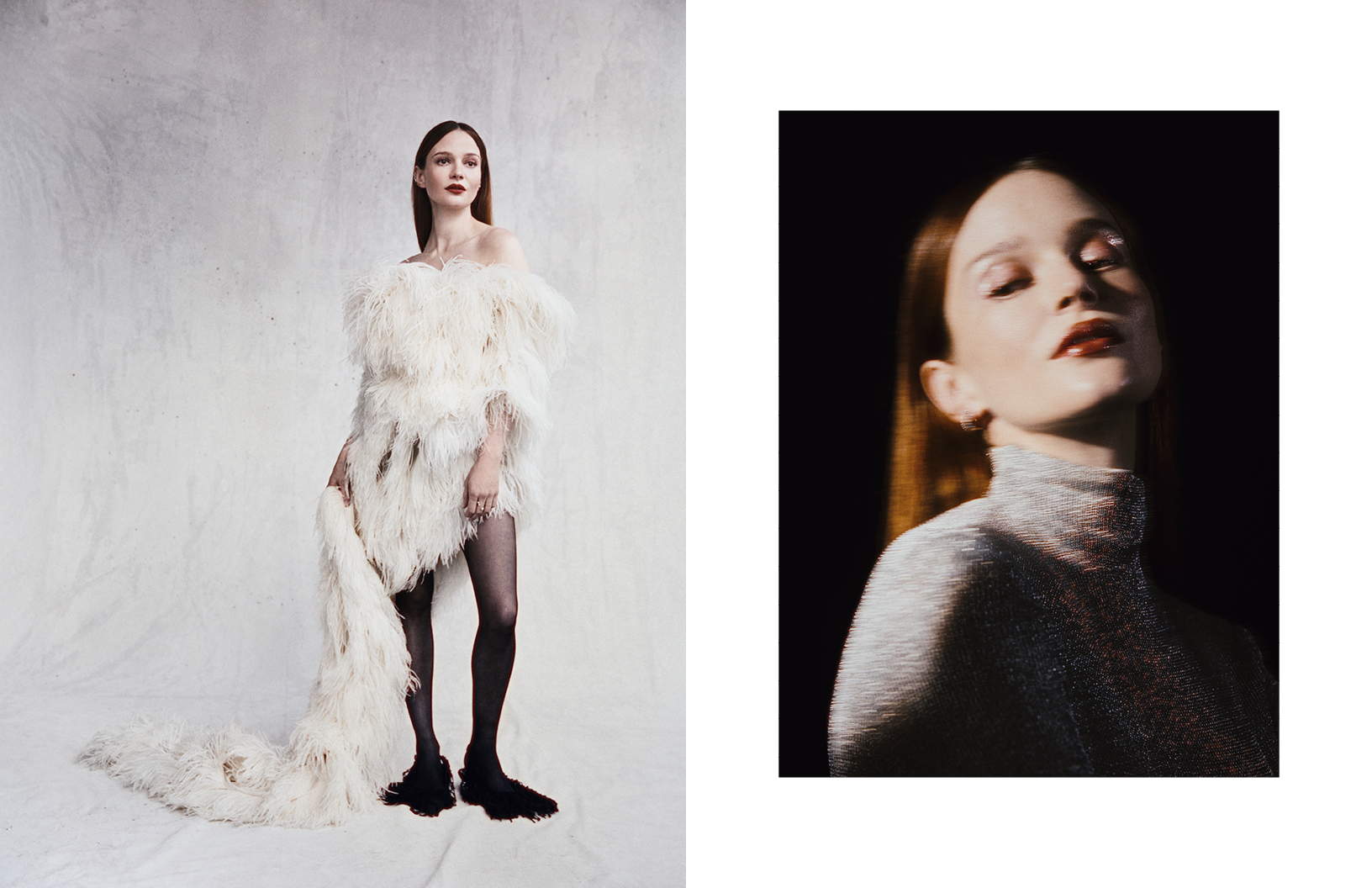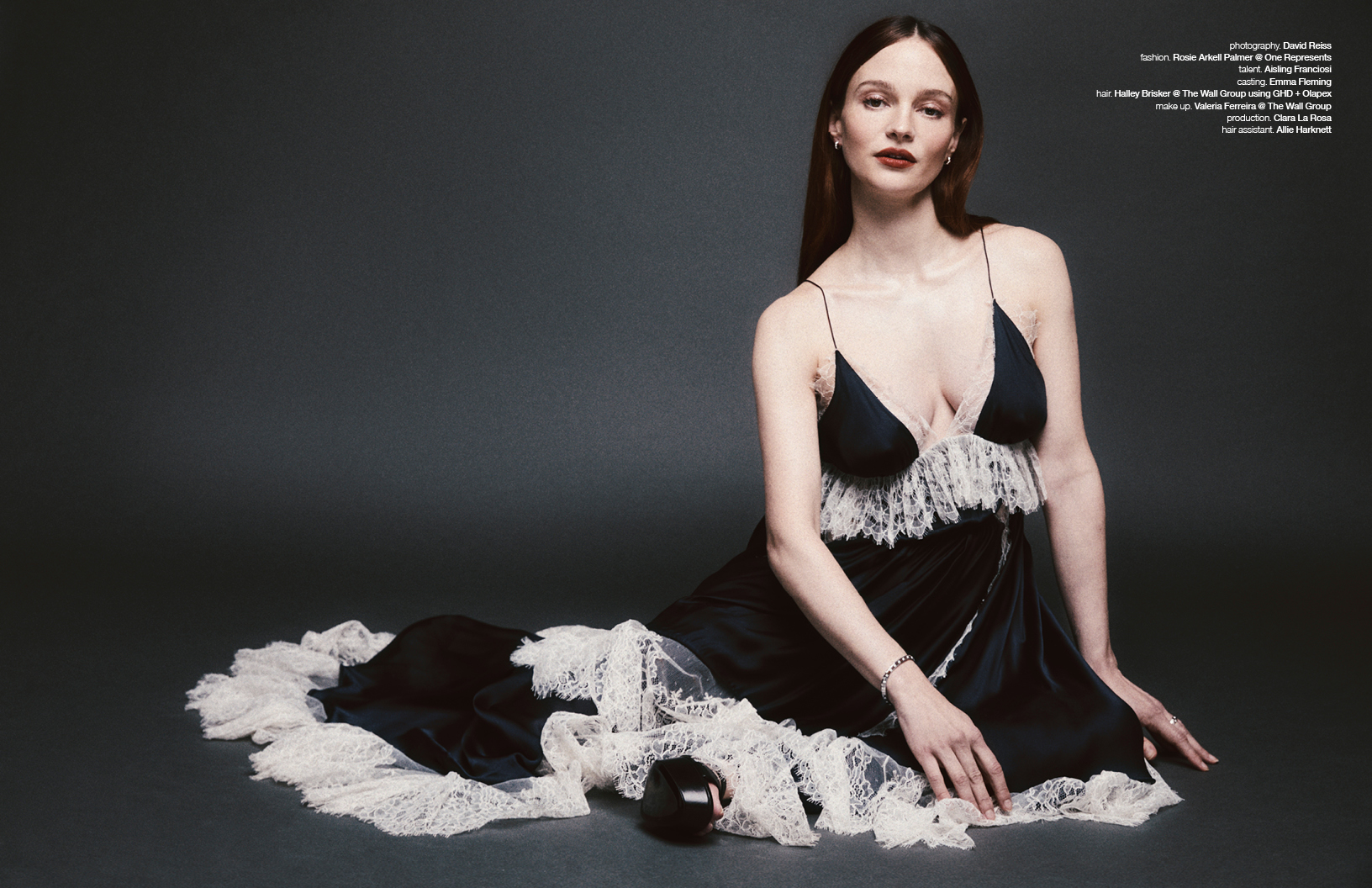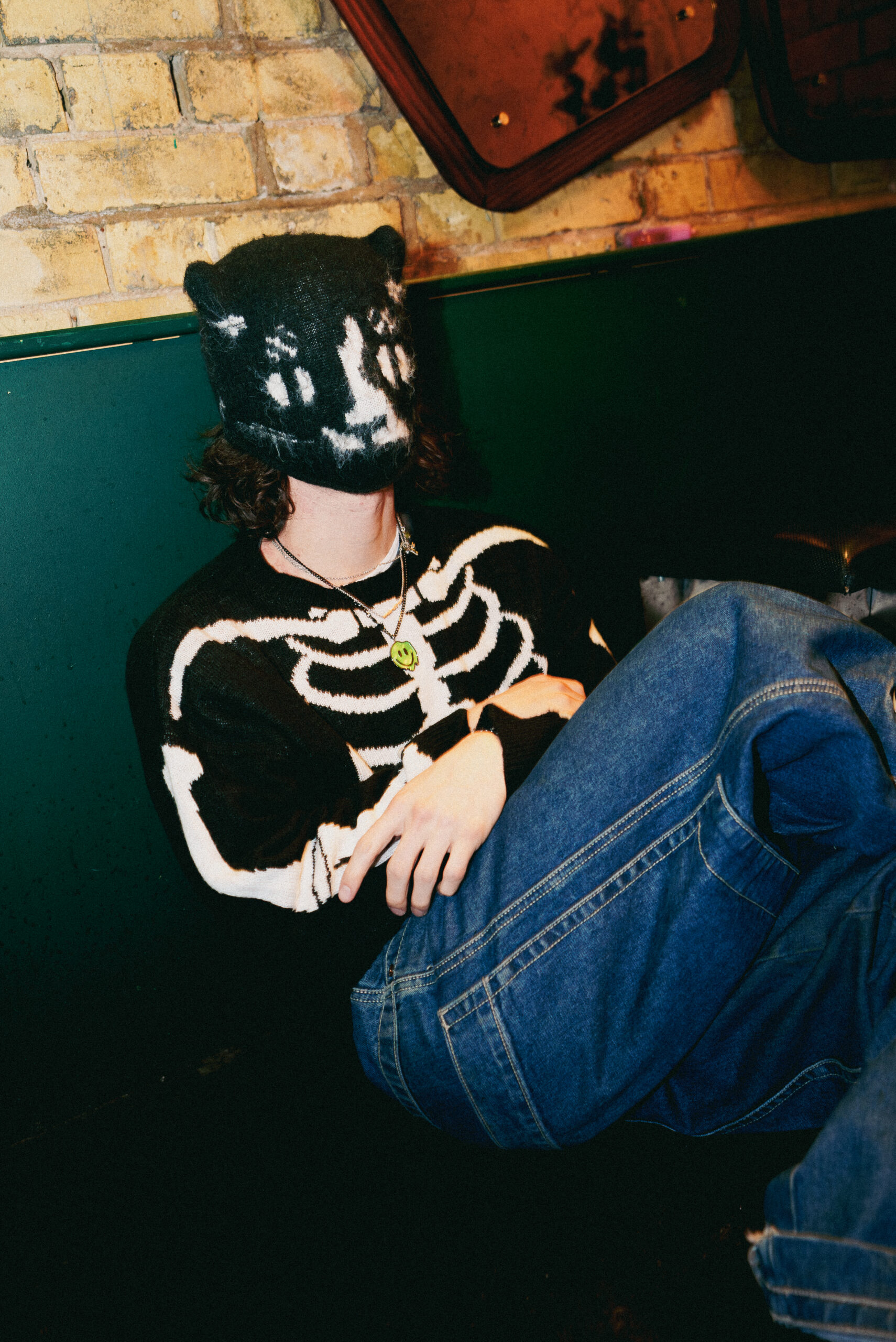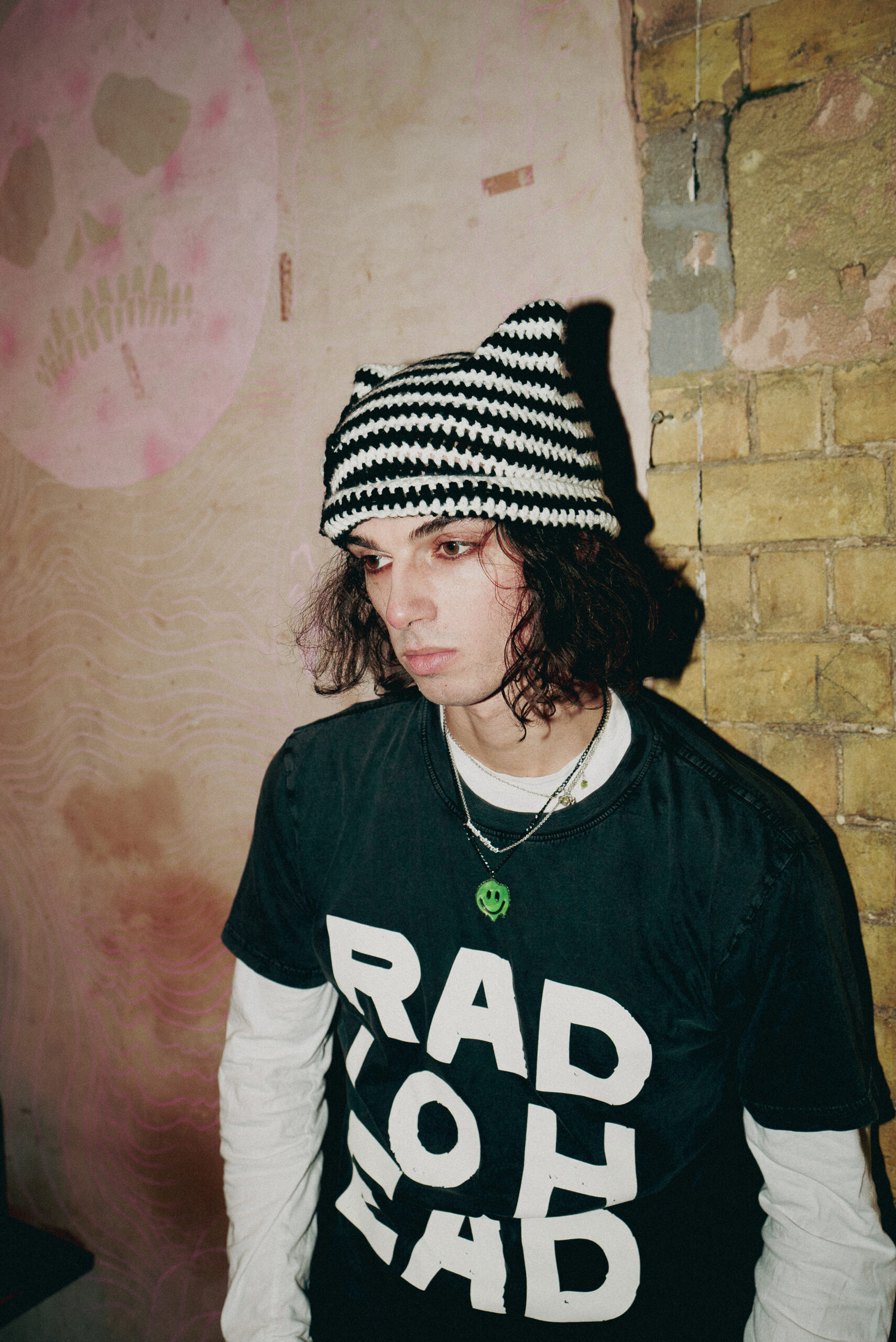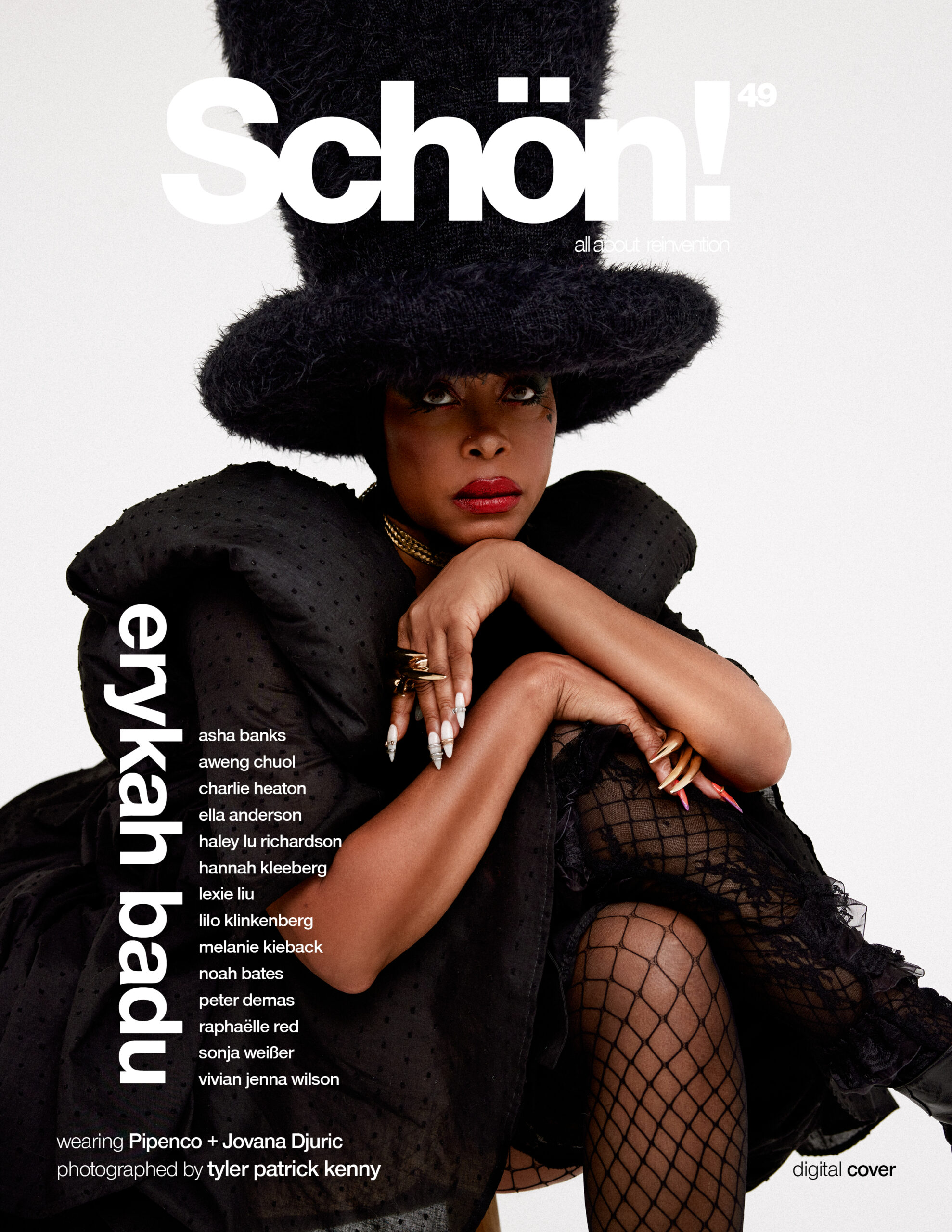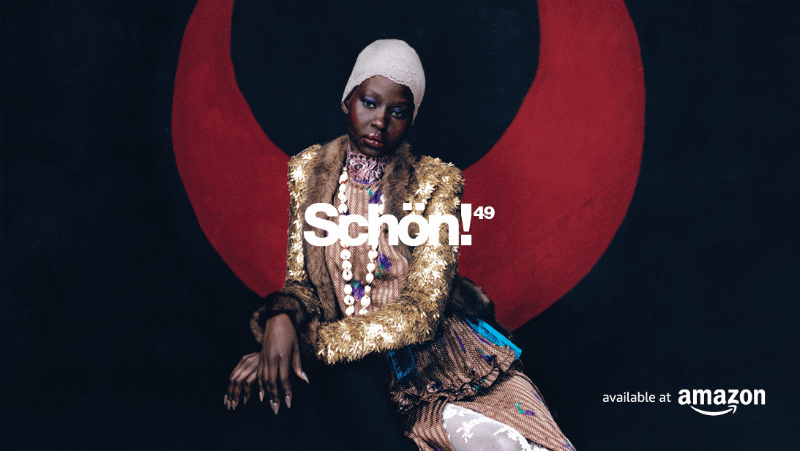
In the last decade, Toronto has significantly shaped the sound of contemporary R&B. Stars like Daniel Caesar, Bryson Tiller, The Weeknd and PARTYNEXTDOOR are responsible for bringing a stripped back, heart-wrenchingly raw touch to the charts. Atmospheric beats and intimate lyricism are a Canadian R&B trademark, but where are all the girls? Amaal may just be the answer to the scene’s female void.
The Somali-Canadian singer makes breathy, sensual R&B telling stories of love and pain. Comparable to artists like Jhené Aiko, Amaal explores the deep sacrifice of dealing with an emotionally unavailable partner. A theme she explores openly in her new EP. “I’m sharing a lot of emotions I would usually have kept bottled up inside,” she says. Born in Somalia’s capital Mogadishu, she was raised as the middle child of seven sisters and two brothers in a traditional Muslim family.
Amaal and her family emigrated to Toronto, Canada when the Somali civil war broke in the early 90s. She finds strength in her womanhood, speaking fondly of how a trip back to Somalia made her recognise that “women were the backbone of the entire nation.” Amaal insists that in her new music she wants to go beyond her refugee experience and explore the vulnerabilities of the relationships in her life. Beauty is fundamental to her creativity, from the rich visuals of her music videos to the tender lyricism in her songs, Amaal is a promising addition to the R&B narrative.
Where did you grow up and what was childhood like for you?
I grew up in Toronto, Canada in a neighbourhood called Dixon. It was a beautiful culturally diverse community with a lot of us sharing similar hopes and dreams. I felt like it was one big happy family. I remember during really hot summer days we would get to play till midnight to cool our bodies and tire us out for the day. I truly feel I had an amazing childhood! Coming from a big family with 10 kids there really is no such thing as a boring day.

How do you think being raised between two cultures has shaped you?
Being shaped by so many different cultures has been a huge blessing for me. My views and perspective of people around me was always one of curiosity and eagerness to learn. It taught me openness, understanding, kindness and compassion. You can also hear in my music and melodic instrumental choices the ways in which cultures have creatively inspired me.
Did you come from a musical family?
Not in the way you would think. My grandmother is a brilliantly talented poet who uses drums and melody to tell stories. It’s actually a staple in Somali culture. We are known as the land of poets. Our language itself is very poetic and the way we resolved dealings and conflicts between tribes was through poetry. It’s a rich tradition that’s been passed on for centuries and something that runs deep within me.
What did you listen to growing up?
Growing up I didn’t have that much music in my household but when I got my first iPod I downloaded EVERYTHING! From Aretha Franklin, Nina Simone, Aaliyah, Blink-182, Monica, Sam Cooke. It really is a never-ending list.

When did you start making music?
As a little girl, I remember creating nursery rhyme type songs as a way of showing endearment to my sisters or friends. They were all positive affirmations and very simple. As I got older, after high school, I would say my trip back to Somalia changed the course of my life and deepened my perspective. I wanted to make a difference and used my music as an outlet to talk about real things I had seen and experienced. It was my form of activism and I wanted to create music [so] people can feel uplifted and inspired.
Were your friends and family supportive when you started making music or were they more into the traditional job route?
My mum was a bit apprehensive at first but it was mostly due to the comments and judgement I was receiving from people. She wanted to protect me in the best way she could and didn’t know how to. Music is a bit of a taboo where I’m from and extremely rare so I was not surprised at all and prepared myself for some backlash. Thankfully it’s been just a tiny bit of that and thousands of amazing comments! My mum eventually came back around and is the most supportive now.
Does your Somali background ever influence your sound?
Yeah, big time! It’s mostly in my melodic choices and in my fashion as well.
Have you faced any challenges being a Muslim woman in music?
Yes. More than most people would think actually. Thankfully I’m starting to find the balance which is honouring myself and always having the best of intentions in everything I do.

Do you tend to write from experience or imagined situations?
From experience of not only things I go through but others around me as well! If it’s imagined it’s mostly about how I wish things could have turned out. I also love collaborating and writing with other artists. I’ve been really lucky enough to do that recently.
Who do you write music for?
Myself and people who may be experiencing similar obstacles.
Is there an experience in your life that has significantly shaped your outlook?
Yes. My trip to Somalia. I lived there for a year after high school. I always say that whatever direction I was hoping to go in my life was completely derailed after that experience. It’s till this day the single most impactful moment that still drives me. Somalia is a country that went through decades of civil war. Although by the time I was there things were more settled, the long term effects were daily reminders. The people were resilient, strong, and determined to excel in their lives. I recognised quickly the women were the backbone of the entire nation and kept things going all these years. Every day I met inspiring people who took nothing for granted and had smiles on their faces regardless of their circumstances. It was the biggest wakeup call and changed the course of my life. I realised the only difference between them and I was we were able to escape and that was it. I feel, not only for myself, but everyone who comes into this world has a duty and responsibility to give back.

Who are your musical heroes and inspirations?
Nina Simone! Her sound is unmistakably that of a black woman. She epitomized the essence of black America and had liberating timeless messages in her music. I’ll forever admire her for everything she has done and endured to make this a possibility for all of us.
What about your dream collaborator?
Black Coffee. I’ve loved his work for some time and it’s amazing to see the world recognizing his talents!
What’s the Toronto music scene like right now?
To see so many incredible acts coming out of Toronto is truly nothing short of a blessing. I feel like every day I’m discovering a new artist and I’m just so proud to be from here and getting to witness all this talent.
What was the experience of creating your debut EP like for you?
It’s been every single emotion you can think of! Prior to this I usually wrote about being an immigrant and coming here [as] a refugee. I felt like I was doing a disservice to myself by not talking about more. So this music is a lot more personal and about relationship issues I’ve experienced that I was too ashamed to share. I feel empowered with where I’m at in my life now so I’m super excited to share this.
Is there a theme to your EP?
The theme is working through emotions as women, dealing with someone you love who’s emotionally unavailable, and a love that requires so much endured pain to prove you’re the one. I’m sharing a lot of vulnerable emotions I would have usually kept bottled up inside.
Which song are you most sentimental about?
Probably Later. The video will share more details about that one.
Lastly, what’s up next for you?
I’m looking forward to getting this project out and sharing it with people on the road. I can’t wait to connect in person with all the people who have supported and encouraged me over the years!
photography. Jamil Taylor
talent. Amaal
words. Shama Nasinde

Schön! Magazine is now available in print at Amazon,
as ebook download + on any mobile device




























































